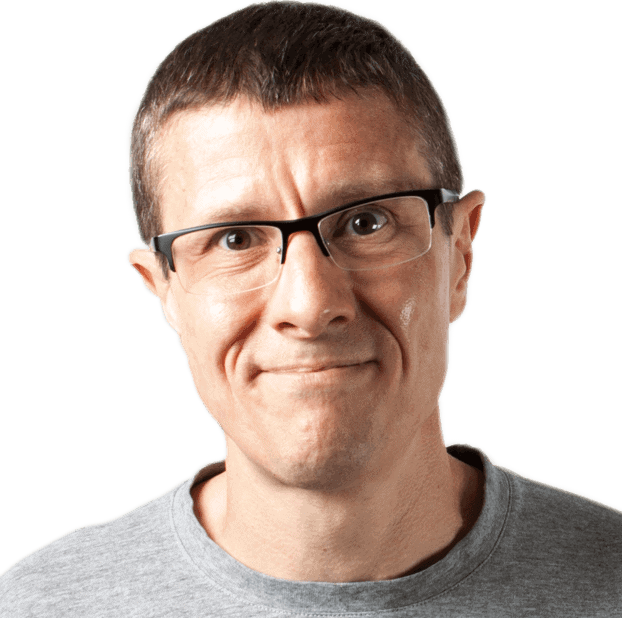I met a lot of good people today at Tech Ed yesterday. I know that may seem a rather trite thing to say, but I just can’t come up with a better way to summarize my day. In the morning, I had a nice chat with Bob Beauchemin, whose written work I admire a lot, prior to interviewing Andrew Kelly, a SQL Server mentor with Solid Quality Learning and specialist in SQL Server performance tuning.
What in your experience are the biggest and most common SQL Serve performance killers? Andrew identified disk configuration as the number one cause of poor SQL Server performance. In his experience, people “throw everything onto one 3-disk RAID-5 and they’ll try to do 100 transactions per second and they won’t get the performance they need”. The second biggest killer was poor query design. He explained to me that there were two major aspects to this. Firstly, many apps he encountered simply read way more data than they really needed to – either due to poor query structure or lack of proper indexes. Of course, this would exacerbate any existing disk configuration problems. Secondly, many of these systems used un-parameterized ad hoc SQL, thus causing themselves massive problems by not reusing query plans.
Look out for a full transcription of this interview as soon as I get back, along with those with Adam Machanic and Tom Rizzo.
Later in the day, I went off with Doug Reilly to the Addison-Wesley party. Whilst sipping Sam Adams ale in the early evening sun, and admiring the Boston cityscape from the 9th floor balcony of AW’s offices (conferences really are hard work you know), I got to hook up with Eric Brown, author of the highly-regarded SQL Server 2005 Distilled. He seemed like a really great guy and hopefully he’ll be able to slot in an article or two for Simple-Talk.
Finally, I went along to support Doug’s Birds-of-a-feather session, “Geeks with cancer and other serious diseases”. The group gathered round and related their experiences in dealing with their disease both on a personal level, and in regard to their work life. Some, like Doug, were completely open about it, while others kept it on a strictly need-to-know basis. All were united in their desire to keep going. Not to meekly accept a doctor’s prognosis but to become an expert in their disease and seek out ways of fighting it wherever they could. One guy at the table was told he had 12 months to live, handled the emotional turmoil that came with that, and is still here kicking 12 years later.
I truly admire what Doug is doing to help bring this topic out into the open. At one point he quoted Isaac Asimov who, when asked what he would do if told he only had 6 months to live replied “type faster”. Doug is a developer who faces an uncertain future but who loves what he does and wants to do more of it. He just realizes that he can no longer be the indispensable, “hero” type.



Load comments